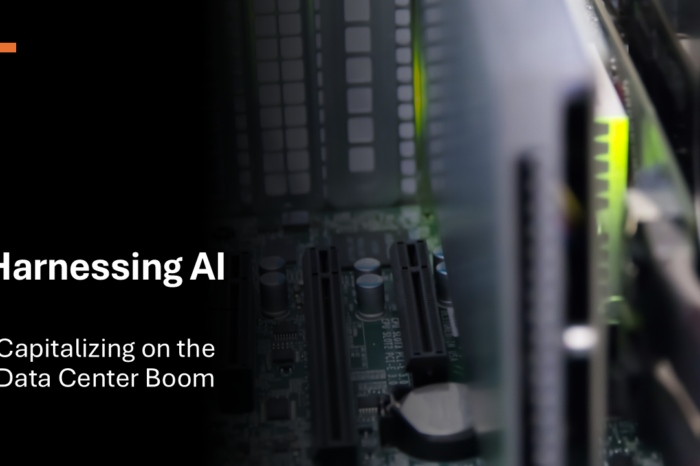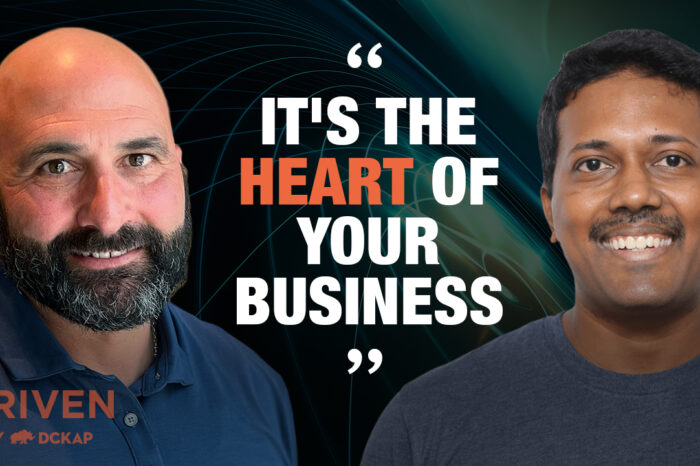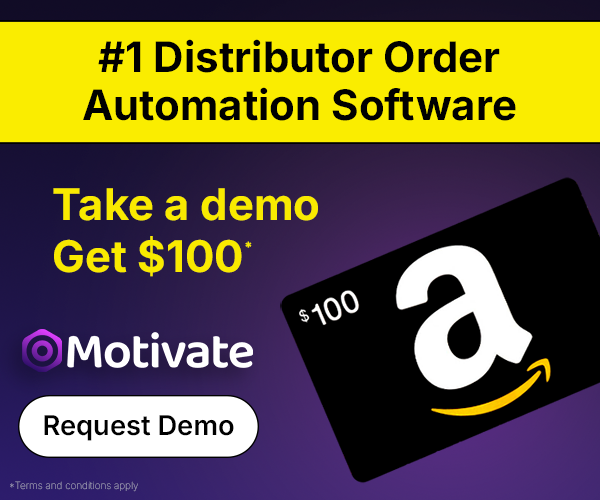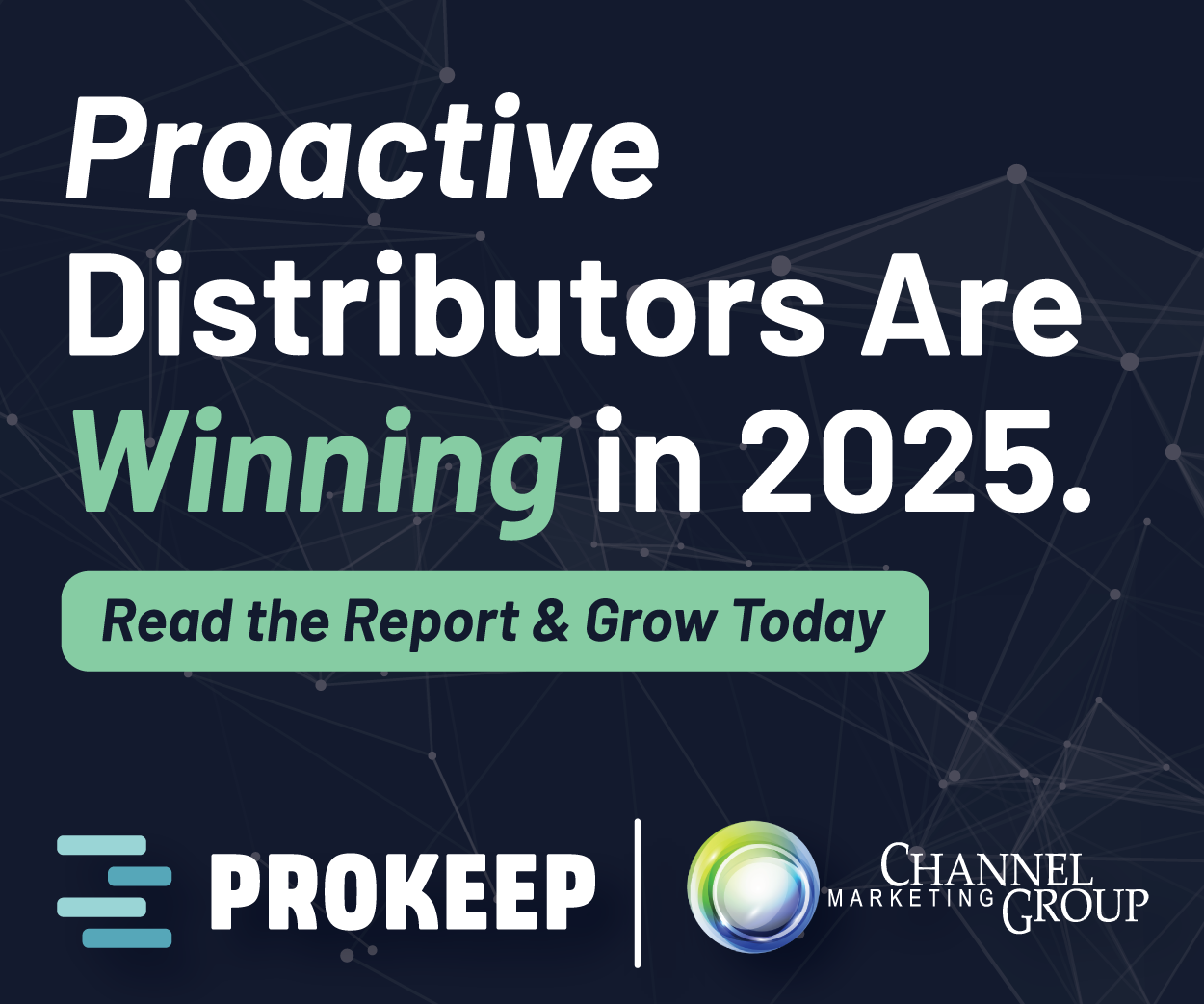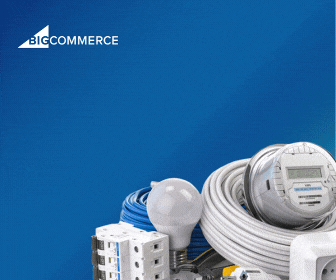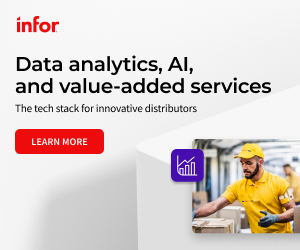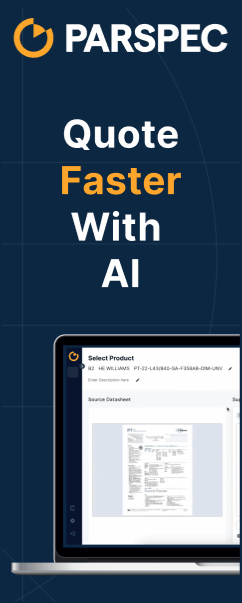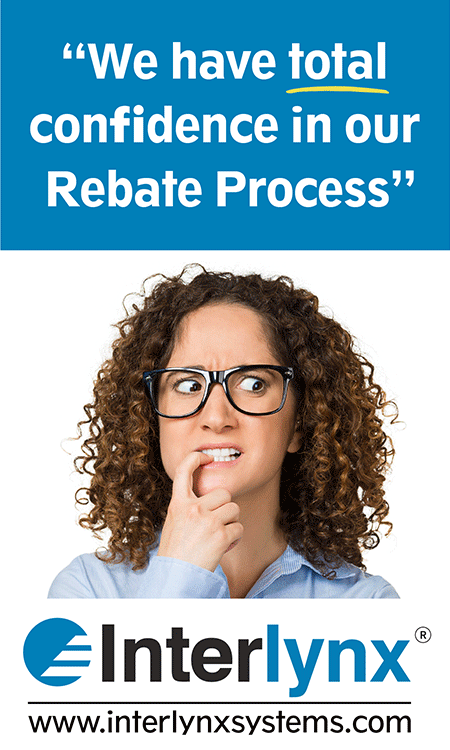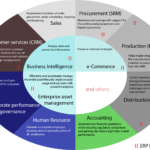5 Reasons to Invest in ERP Evaluation
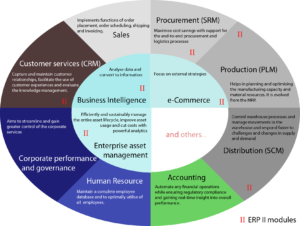 Over the past few months, I’ve talked to some distributors that recently either upgraded their ERP system or undertook the significant step of a conversion from one platform to another.
Over the past few months, I’ve talked to some distributors that recently either upgraded their ERP system or undertook the significant step of a conversion from one platform to another.
Being curious, and not having participated in one, I inquired about what inspired them to either do a significant upgrade (ie hosted to cloud) or to do a conversion and what their evaluative process was (and no, we don’t help clients in this area as I try to stay out of the ERP discussion!)
In each case the distributor recognized that they were making an investment in their company to support the long-term future of the company. In a couple of instances the next generation are already in the business, in another it is an ESOP recognizing it was time to invest and prepare for future digital developments. And most recently I was asked for ERP recommendations for a small distributor (no idea, and would appreciate some thoughts.)
All recognize that a “modern” system is needed to support their plans for future business growth and to improve profitability. Further, they recognize the need for the system to be able to integrate to, or have, strong warehouse management tools, BI / analytic tools, CRM, eCommerce functionality, easily adapt to support eProcurement platforms, PIMs and more. Essentially, it is no longer enough to leave the evaluation process to accounting or IT or even “talking to friends.” This becomes a “whole company” initiative. A sub-culture of ERP consultants has arisen to support companies in the evaluation and implementation phase.
The biggest benefit of these consultants is that they have seen “more” platforms and implementations so can bring best practices to the decision making process.
A story … Adapt to the System, It Won’t Adapt to You
I had a distribution client who was upgrading their warehouse software, from their ERP provider. The provider had their implementation team come in, work with the distributor, and guide them through the process. The distributor’s team went to visit some friendly competitors who had implemented the same system … and raved about it.
A couple of weeks into the launch the client’s picking error rate had increased. The team was frustrated. Orders where being picked wrong, late and deliveries were not being made. Customers were frustrated. Employees were frustrated. Management had no idea what to do.
Coincidentally I was visiting the day they were having an internal meeting on the subject. I sat in on the meeting out of curiosity. The team was ready to pull the plug on the new system. “It didn’t work.” So, I asked “it works for XYZ (the other company). Any idea why it works for them and not us?” The answer was “we do it differently” to which I responded “why?” and “could our process be improved?’
You know the rest of the story. The reconsidered their 10+ year process and adapted to the software’s process. Errors went away, accuracy increased, productivity improved.
Morale – maybe the system provider, and the software, knows “better” as it has “seen” more and is optimized and your processes are outdated?
This is the benefit of having a third party help the process … they have seen more.
Recently I connected with Sam Gupta. Sam is the Principal Consultant at ElevatIQ, a digital consultant with a focus on financial and ERP systems for distributors and manufacturers. He shared some thoughts on why evaluation ERP platforms.
 5 Reasons Why Electrical Companies Must Invest in an ERP Evaluation
5 Reasons Why Electrical Companies Must Invest in an ERP Evaluation
Isn’t buying an ERP easy? Talk to a few industry peers. Check what they might be using. Check references. And then you are off to the races. This approach to an ERP evaluation is like tossing a coin. In other words, you have a 50% chance of being successful with your ERP project. Because each business model is different. Every business processes different kinds of transactions, selling different types of products and serving different channels. So the ERP needs for each business is different as well.
Also, each company perceives an ERP differently. For some companies, it’s just a financial reporting tool. And for others, it could be just one platform that could do it all. In reality, though, you will never find one system that could serve all of your operational and customer experience needs. You need a combination of systems dancing on the same music of master data. You need architectural and process alignment across systems. And this is where the evaluation phase comes in handy.
The role of the evaluation phase is to set the boundaries of each system and design the process handshake workflows. As well as master data synchronization and reconciliation flows. Having an evaluation phase as part of the process results in the following benefits.
- Save Implementation Disasters
While there have been significant advancements in technology, ERP implementation failures are still very common. The failure could be as severe as not being able to go live or experiencing substantial disruptions right after going live.
The primary reason for these failures is not selecting the right tools for the right job and for the right processing capacity. It is also because of the lack of process and data reengineering aligned with the new systems and architecture. Last but not least, change management is far more embedded and requires immersive collaboration than most people realize. An evaluation phase brings all of this together and helps save ERP implementation disasters.
- Improve Customer Experience
The customer experience requires a complete alignment of all customer touches. Just because you are able to bring the customers to your site, they will bounce off fairly quickly if they don’t find the right product at the right time. This is the same issue for an eCommerce site or for the internal ERP platform. What happens when staff gets frustrated with the system … they don’t use or find workarounds. A lack of an evaluation phase results in a fragmented customer experience across system boundaries.
The evaluation phase analyzes the customer experience comprehensively across the system and process boundaries and maps out the as-is and to-be processes at the field level. This helps in level setting with each party and department. But also helps uncover any issues due to the fragmented customer experience.
- Gain Operational Efficiencies
Implementing an ERP system without thorough planning and strategy results in data siloes and cleanliness issues. As well as the ERP adoption challenges.
The questionable usability of the new system may lead to teams hijacking the processes as well as creating data and process siloes as they see fit. The evaluation phase analyzes the systems and processes comprehensively while getting buy-in from each stakeholder.
- Avoid Channel Conflict
The lack of centralized product, pricing, and channel strategies might lead to channel conflict. In most cases, these issues are unintentional, and the result of data siloes.
It becomes very hard to foresee these issues if you don’t have some documentation of process and data flows, as well as master data governance. An evaluation phase can help you provide you visibility into the product and pricing flows across channels, helping you uncover before it’s too late.
- Succeed with eCommerce Transformation Initiatives.
Most eCommerce initiatives struggle with tangible outcomes because of incongruent customer journeys and fragmented customer experiences. The issue primarily exists because of the system and departmental siloes.
Successful eCommerce initiatives require the complete alignment of data and processes across departments. An evaluation phase helps in setting up the right boundary for each system and process and helps provide a seamless customer experience.
Conclusion
The total time and effort required for an ERP implementation might be similar whether you include an evaluation phase or not. Including it might help in uncovering the risks before locking yourself into a decision. So always start your digital transformation with an evaluation phase.
About Sam: Sam Gupta is an ERP thought leader in the digital transformation space with the primary focus on financial systems and ERP. He consults with small /medium companies as a Principal Consultant at ElevatIQ. He hosts a podcast called WBSRocks, focused on business growth through digital transformation and ERP.
Takeaway
An ERP decision is a foundational system for a distributor … one that typically lasts 20 years or more. It is probably the largest technology investment into a company and it touches everyone. Due diligence is critical.
Within the electrical industry, most medium and large distributors are using one of two systems – Infor or Eclipse. Which one is a leader, that’s a personal decision but, succeeding for tomorrow will require your choice to be easy to do business with and “open” given the pace of change in the technology segment and the fact that more people in everyone’s company now has involvement in technology, and technology buying decisions, than ever before. It is no longer the sole provenance of the IT department as users (IT’s customers) want to be heard.
You know each ERP platform can do “the basics”. But is it evolving with the times and being a cost-effective partner?




